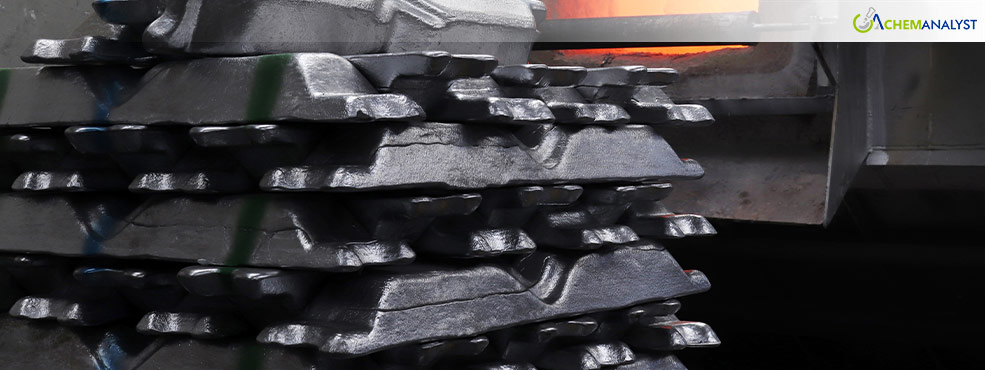Welcome To ChemAnalyst

The Aluminium Alloy Ingot market experienced significant downward pressure in the week ending November 15th, with both Germany and Turkey reporting notable price decreases amid challenging economic conditions and automotive sector struggles.
In Germany, Aluminium Alloy Ingot prices fell by 2% as the country grapples with economic challenges. The nation's growth trajectory has been hampered by insufficient public investment, bureaucratic hurdles, and high operational costs, leading to economic stagnation and leaving Germany trailing behind its European and global competitors. The German automotive sector, a major consumer of Aluminium Alloy Ingot, is facing particularly severe challenges. In a significant development, Volkswagen's works council recently revealed that company executives are considering the closure of three manufacturing facilities in Germany. This announcement has sent ripples through the Aluminium Alloy Ingot market, as automotive manufacturing represents a crucial demand driver for the material. Adding to the industry's woes, The Schaeffler Group, a prominent manufacturer of industrial and automotive components, has announced plans to eliminate 4,700 positions across Europe, with Germany bearing the brunt of these cuts at 2,800 positions. The decision reflects the broader downturn in market conditions and has further dampened demand for Aluminium Alloy Ingot.
Similarly, Turkey's Aluminium Alloy Ingot market recorded a 2% price decrease during the same period, primarily attributed to weakening automotive export figures. According to data from the Automotive Manufacturers Association (OSD), Turkey's automotive production declined by 10.4% year-over-year in October, with total output reaching only 122,000 units. Passenger car production specifically saw a 7% reduction, falling to 85,115 units compared to the same period last year. The European Aluminium Alloy Ingot market faces additional structural challenges beyond these regional issues. Chinese manufacturers are increasingly competitive in the automotive market, while European electric vehicle demand has fallen short of expectations. Furthermore, the necessity for substantial high-tech investments poses significant hurdles for European automobile manufacturers, adding pressure to the already strained market.
Moving forward, it is anticipated that Aluminium Alloy Ingot prices may remain under strain from a series of intersecting factors. Issues in corporate governance, a weakening car industry in Germany, and export dynamics in Turkey contribute to a downward market scenario. The near-term outlook for the market seems to be contingent on the progression of these local difficulties and their overall effect on international supply networks and consumer demand. ChemAnalyst forecasts a declining phase, with expectations of a further decrease in Aluminium Alloy Ingot prices in the forthcoming weeks.
We use cookies to deliver the best possible experience on our website. To learn more, visit our Privacy Policy. By continuing to use this site or by closing this box, you consent to our use of cookies. More info.
